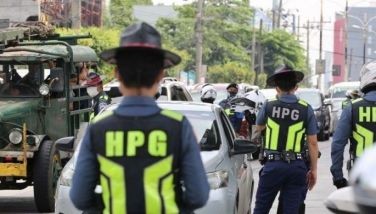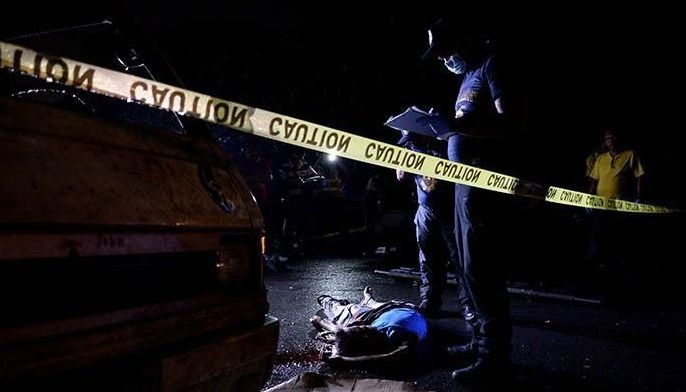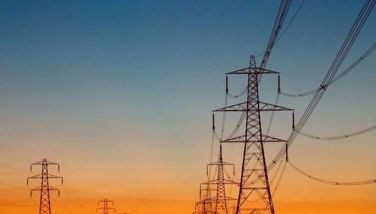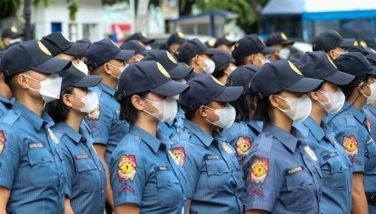COVID-19 death spike seen in full face-to-face classes
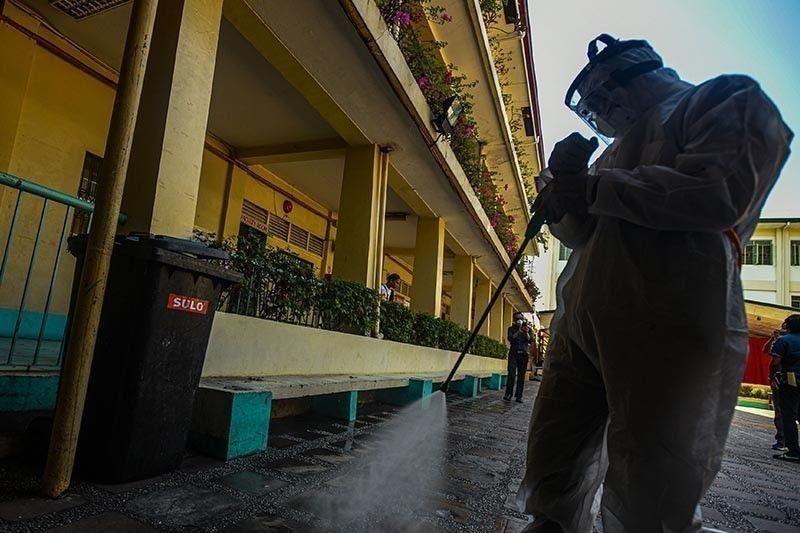
MANILA, Philippines — Fully reopening schools in all levels nationwide for around six months risks some 1,500 COVID-19 related deaths, an increase of around eight percent from current levels, according to a study by the Asian Development Bank (ADB).
In a new brief titled “Cost-Benefit Analysis of Face-to-Face Closure of Schools to Control COVID-19 in the Philippines,” the Manila-based multilateral bank said this epidemiological model assumes that face-to-face learning will be resumed nationwide from January until June 2021.
It is also assumed that all regions in the country, including the National Capital Region (NCR) will be under the most lenient modified general community quarantine (MGCQ) with minimum public health standards and restrictions on group gatherings.
ADB said that despite this expected increase in mortality, “there is ample scope to use targeted measures to minimize the COVID-19 risks of face-to-face classes.”
This is partly because the pandemic risk to children remains to be limited, globally and in the Philippines.
The average age of COVID deaths in the country as of November 2020 is 62 years. Out of the total deaths, only two percent have been among those 20 years old and below.
“Although children have high contact rates with each other in schools, they also appear to have lower susceptibility, are infectious for shorter periods, and on average have lower infectivity than adults,” said the study.
The mortality assumption of 1,500 assumes a 70 percent effective contact rate in schools with the use of low-cost social distancing measures that do not significantly alter the classroom experience.
These may include assigning the same seats to students in classrooms every day; shortening or staggering breaks between class periods; assigning lunch seating; conducting physical education classes only outdoors; improving hygiene through handwashing before entering of classrooms, and not physically passing objects between people frequently.
Large-scale school assemblies are also assumed to still be prohibited. It is also assumed that face-to-face classes will be held five days per week.
Closing face-to-face schooling to those over 15 years of age is seen to reduce around 60 percent of the risk of deaths, reducing the expected morality to about 600 lives.
Most of the risk from school reopening is concentrated in the NCR, and Regions III, VI and VII where more than half of the modeled deaths can occur.
Schools in these regions have more physical contact because of the large population of children, more elderly contact with children in households, and weaker medical capacity versus possible treatment needs.
The mortality risk next year will be much lower at only 270 lives if face-to-face learning is resumed for those below 15 years of age in regions with low risk of viral transmission.
President Duterte approved recently the pilot run of face-to-face classes in areas with low-risk of COVID-19 transmission for the whole month of January next year.
The National Economic and Development Authority (NEDA) supports this, saying it will help economic recovery by restoring productivity, preventing the erosion of human capital and increased consumption.
Acting Socioeconomic Planning Secretary Karl Chua said if the results of the pilot will be encouraging, this may eventually pave the way for the gradual restoration of face-to-face learning when quarantine restrictions can be lowered.
The start of face-to-face classes in low-risk areas of the country next month has gained the support of the United Nations Children’s Fund (UNICEF) and advocacy group Philippine Business for Education (PBEd).
In separate statements, the two organizations noted the benefit of conducting face-to-face classes to complement the distance learning modalities that were adopted to minimize the risk of transmission of COVID-19.
The UNICEF said resumption of face-to-face learning in low-risk areas will require a risk-informed approach to ensure that pilot schools for reopening would guarantee the safety, wellbeing and protection of schoolchildren and their families.
“While studies continue to emerge, a review of the current evidence shows that while in-person schooling does not appear to be the main driver of infection spikes, there are still risks,” UNICEF said. – With Janvic Mateo, Rainier Allan Ronda
Honasan said online content can prove to be both “a blessing and a curse” with one inadvertent click.
“Our children should never be subjected to these horrors of risk… they deserve the freedom to explore the wonders and learning opportunities provided by cyberspace,” he said. – Rainier Allan Ronda
- Latest
- Trending














